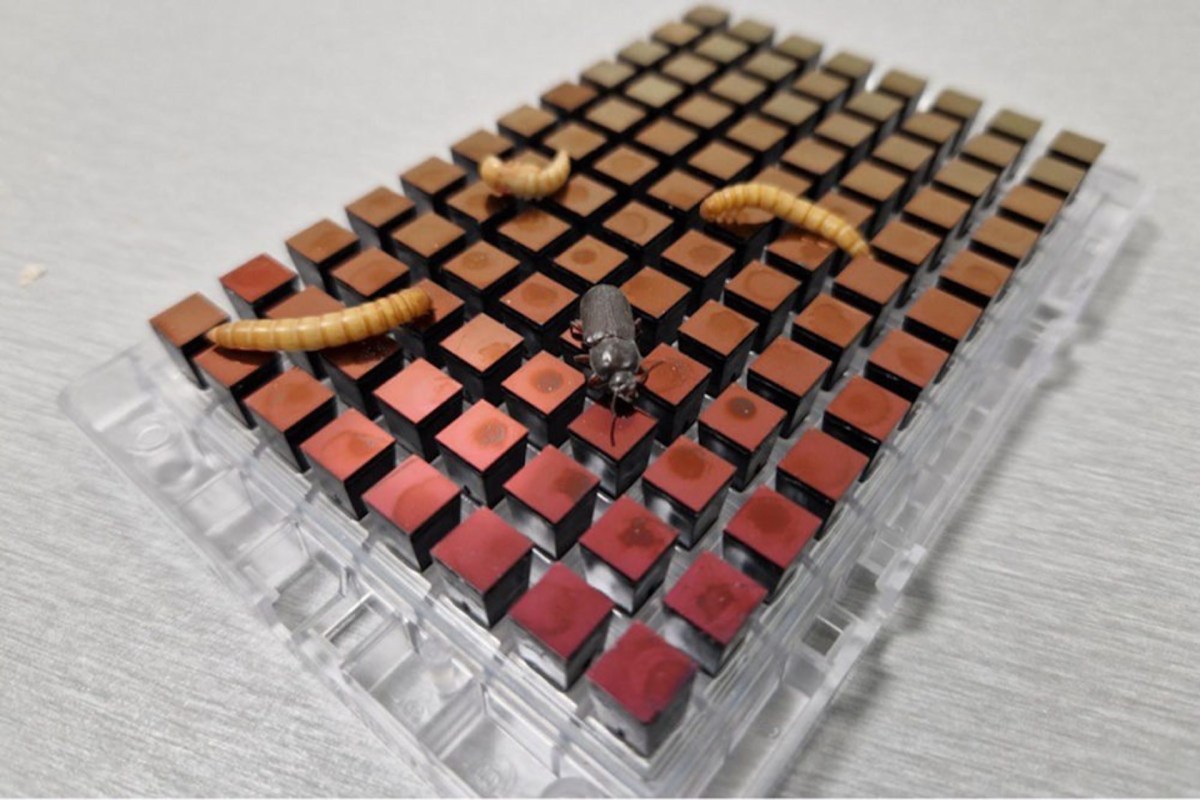Ÿnsect has been making meals from mealworms since 2011.
Now, the France-based insect company is diving deep into the bug's gene pool. Company experts are using a "genotyping chip" that will allow them to raise better worms more efficiently, according to a report on the innovation from Pet Food Processing.
Since Ÿnsect's mission is to provide a more sustainable protein source for people and animals, as well as fertilizer for crops, the tech could be game-changing for our food system.
"Ÿnsect's ambition is to contribute to the development of a new economic, social, and sustainable model, which proposes new ways of consuming and producing, in order to meet the major environmental and climatic challenges of our era," CEO Antoine Hubert said.
The bug grower touts mealworms as a nutritious and more planet-friendly protein source than beef. The bugs contain essential amino acids, vitamins, and nutrients. What's more, Ÿnsect's experts report that the benefits include better cholesterol health and digestion.
It also makes a great pet food as well as a healthy soil additive to help crops grow, per the company website.
The chip, called Axiom, will help the growers better determine larvae lines through gene selection to grow more protein-rich bugs.
"For 12 years we have been innovating, with the goal of advancing the food industry and democratizing the insect. Our genotyping chip … is a world first for our industry and will contribute to the sustainable structuring of the entomoculture sector," Hubert said.
The chip was made with help from Thermo Fisher Scientific. It will allow the researchers to avoid inbreeding, in part by analyzing genetic material from more than 4,000 bugs. Growth performance, reproduction, food conversion, and disease resistance are all factors. It's a comprehensive view of the inner workings of mealworm DNA designed to increase production by 15%, all per the Pet Food Processing story.
"This development is a real step forward," Pierre Garrabos, senior key account manager of AgriBusiness West of France at Thermo Fisher, said.
The reason for the work is in part driven by our growing population.
There are expected to be 10 billion people on the globe by 2050, according to the United Nations, straining our food system. One cow produces up to 264 pounds of dangerous, planet-warming methane each year. The Environmental Protection Agency reports that there are 1.5 billion head of cattle grown for food around the world annually.
Plant-based diets and meat alternatives are some options to relieve the meat burden.
At Ÿnsect, the experts are certain mealworms can fill the void, helping to make delicious, nutritious foods. Photos on the company's website show burgers and shakes, presumably made with bug protein.
If realized, the benefits are clear: The ingredients use 40 times less land and emit 40 times less air pollution than beef and use 30 times less water than pork.
"Representing a protein that's better for both us and our planet," the Ÿnsect website states.
Join our free newsletter for weekly updates on the coolest innovations improving our lives and saving our planet.









